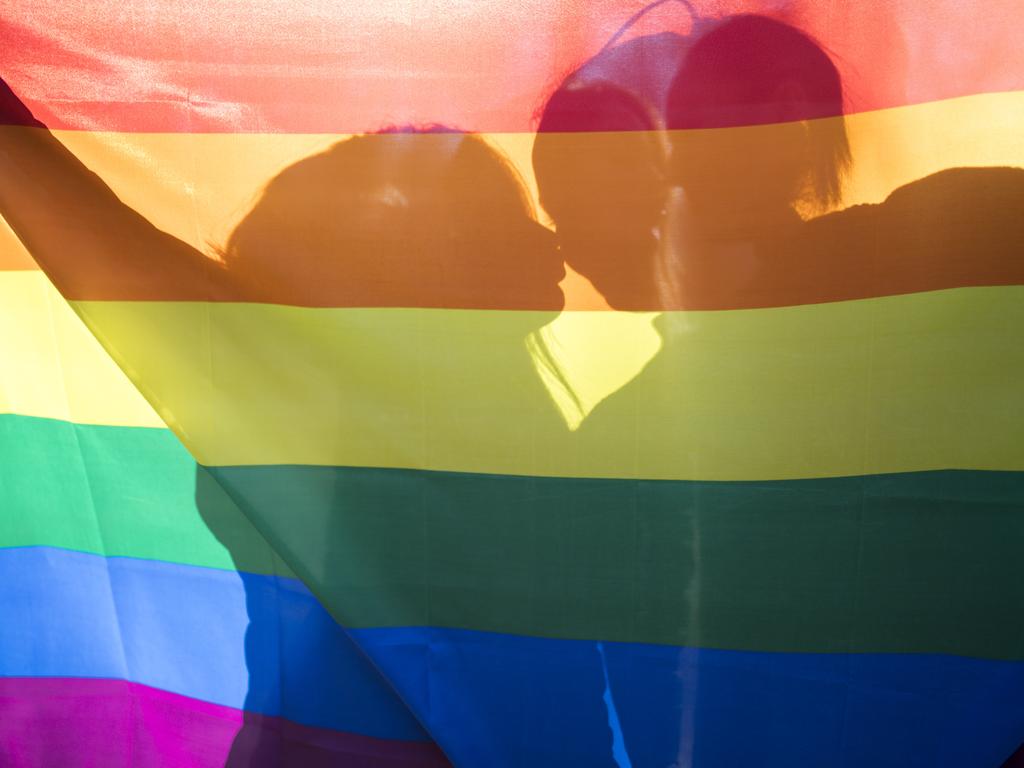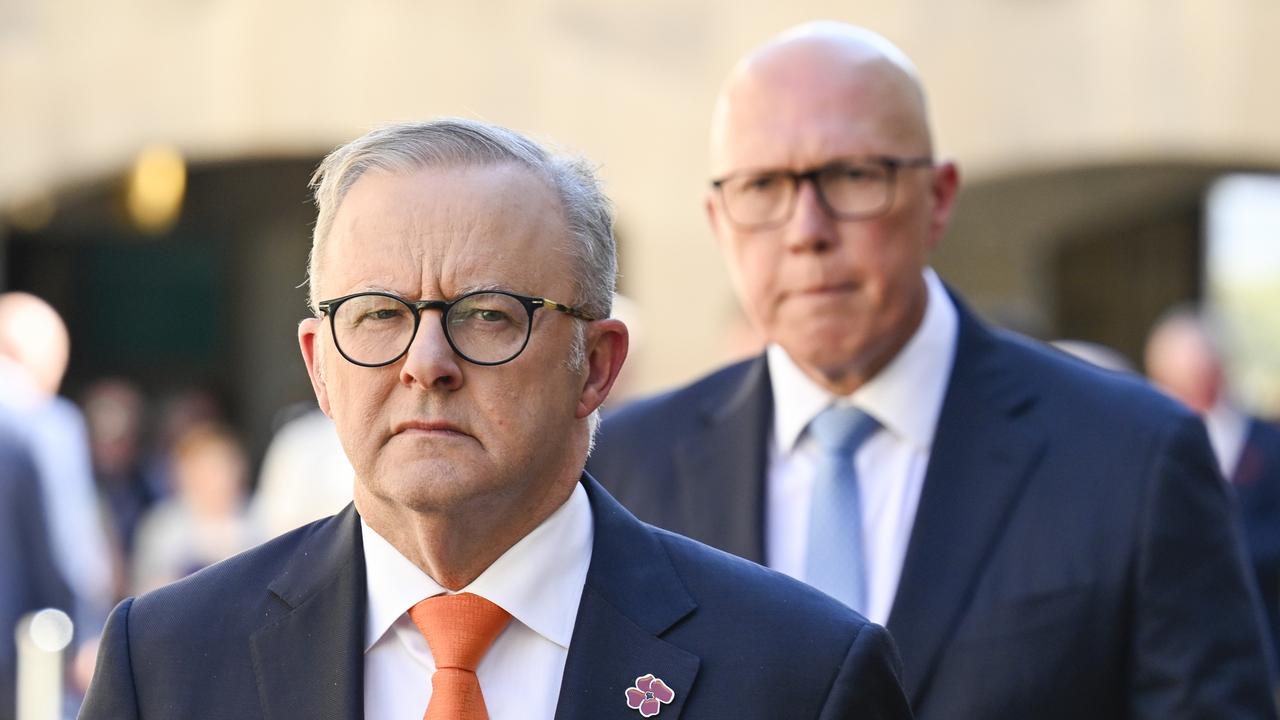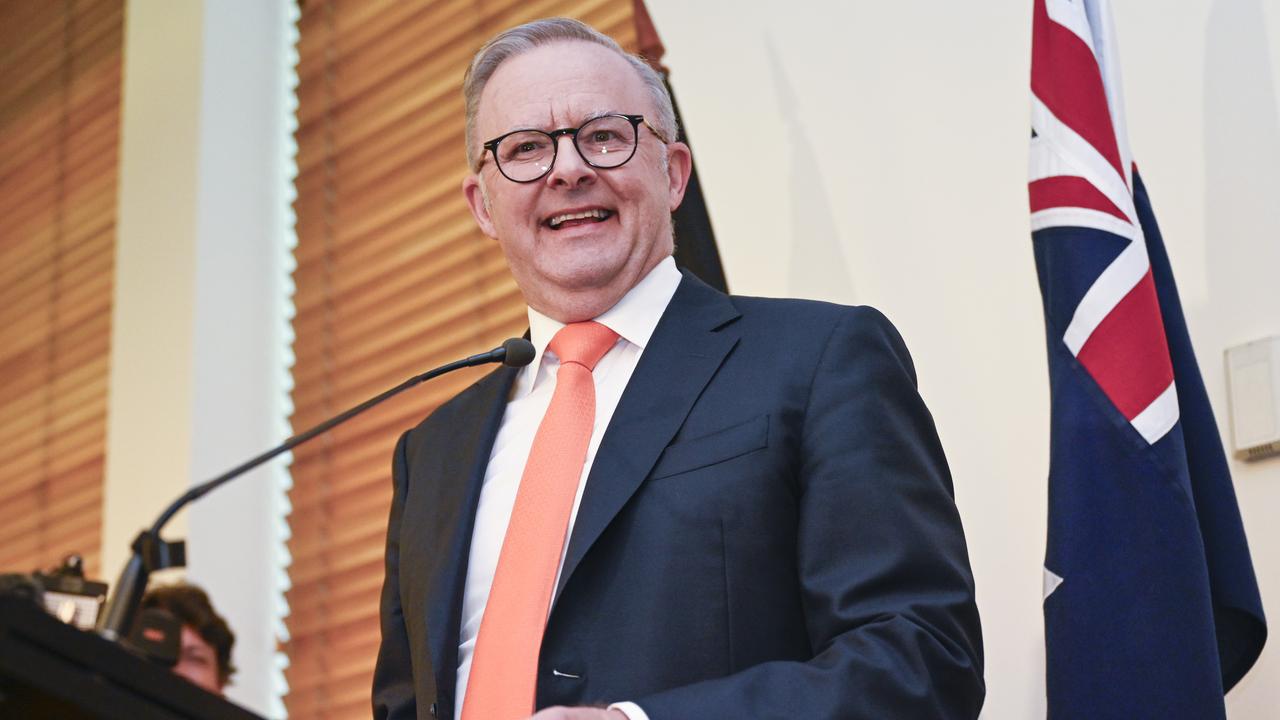
In an election year, politicians are under closer scrutiny than usual. The media is expected to rake through the spin and present the story behind political campaigns to ensure democracy is built on informed choice, one vote at a time. For the media to fulfil its democratic function, it must be trusted by the public, free from political interference and transparent about conflicts of interest.
Ground control, we have a problem. There is a sea of red across Australia as public trust in democracy sinks into deficit. The latest Edelman Trust Barometer survey reveals only 43 per cent of Australians trust the media “to do what is right” compared with 51 per cent in last year’s report. Trust in government (minus nine points) and non-government organisations (minus seven points) also has fallen.
Perhaps the most sobering finding is that 67 per cent of respondents in the global survey believe journalists “are purposely trying to mislead people by saying things they know are false or gross exaggerations”.
While the media is a broad category and the research shows greater faith in traditional than social media, 76 per cent of people express worry about fake news and false information. It is only marginally better in Australia, where 73 per cent have reported feeling concerned about “false information or fake news being used as a weapon”. Only 37 per cent report trusting social media compared with 57 per cent of respondents who trust traditional media.
In the past journalists might have shifted blame for distrust to the media industry as a whole. But when 67 per cent of people don’t trust truth tellers to tell the truth, the rot starts at the root.
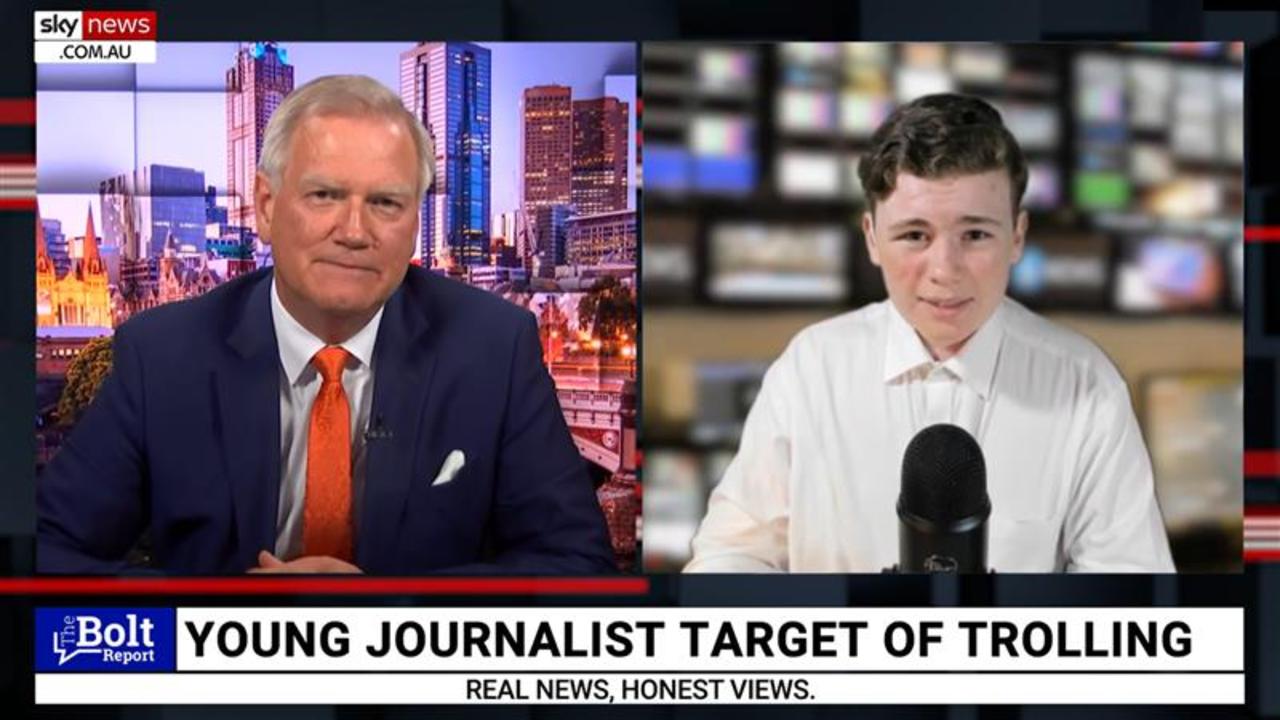
In an interview with Reuters, Richard Edelman, whose Edelman communications group published the survey, suggested trust was linked to a sense of policy predictability, especially during Covid. He said in China there was greater “coherence between what is done and what is said” in policy compared with the US.
It is true suppression of dissent creates a sense of peace among the politically correct. China is a one-party surveillance state governed by a communist regime that “disappears” dissenters and imposes political correctness from cradle to grave. The Chinese Communist Party ensures state media is staffed by CCP members. It indoctrinates schoolchildren and university students to accept the party line as infallible truth. It has a system of censorship that smothers truth to maintain Maoist ideology. Destruction of the democratic spirit does give rise to social stability, but this strange peace is won at the cost of human freedom, creativity and progress.
The observed trust deficit in democracies stirs debate about the future of the free world and how we can sustain it. Western anti-establishment fervour took the liberal political-media class by surprise when Donald Trump was elected as US president and the British people’s vote went to Brexit. As Islamic State spread into the West, killing men, women and children, citizens of the free world decided the decades-long experiment with porous borders had come to an end. Political parties that preached globalism and ignored the patriotic zeitgeist lost elections to politicians determined to protect Western civilisation against international jihad.
Anger at the media grew as a result of the press demeaning pro-Western voters and falsely equating them with racists or uneducated morons. Liberal media ran such hate-filled
campaigns against people who supported Trump and Brexit that it became seen, rightly, as a partisan force campaigning against the democratic will of the people. Instead of speaking truth to power, members of the media were more invested in preserving their own power than revealing unfashionable truths.
More recently, mainstream media has been accused of elitism for supporting vaccination during the Covid pandemic. It strikes me as contradictory to ascribe to journalists seeking to protect the health of fellow citizens some sort of anti-democratic motive.
What could journalists do to improve public trust in the media? The Australian Press Council outlines general principles for news organisations, including integrity and transparency: “Avoid publishing material which has been gathered by deceptive or unfair means, unless doing so is sufficiently in the public interest”; and “Ensure that conflicts of interests are avoided or adequately disclosed, and that they do not influence published material.”
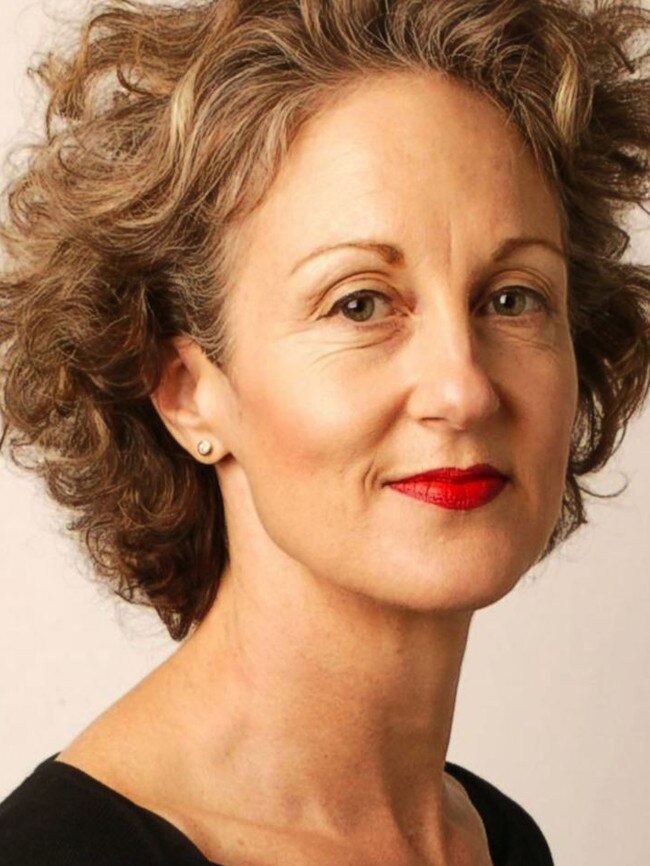
Last year, The Sydney Morning Herald fired columnist Elizabeth Farrelly after she failed to disclose having registered as a candidate for the Labor Party in a local government election. She was not preselected. However, in a column published on the day of the election, she strongly criticised some non-Labor candidates before closing with: “Check the rotters out, then vote them out.” The editor later disclosed Farrelly’s registration to readers.
Speaking to news.com.au, Farrelly said the matter was a “minor, innocent, inadvertent misdemeanour”. She is standing as an independent candidate in the upcoming by-election for the state seat of Strathfield.
It is one thing for journalists to be perceived as trustworthy by the public. It is another thing to be worthy of trust. Traditional media is under pressure as social media giants compete for content without the need to maintain big news organisations with national and international teams of editors, reporters, investigative journalists, specialist writers and columnists.
Private media companies must respond to the rapidly changing demands of the market to survive. Producing more content with tight budgets and fewer staff magnifies the risk of human error.
While the media has much to answer for, readers and viewers have yet to realise how much power they wield to shape the news with a click of the mouse or a well-crafted comment. The power is yours. Take it.
Jennifer Oriel will appear on the Tuesday edition of Credlin on Sky News at 6pm.





